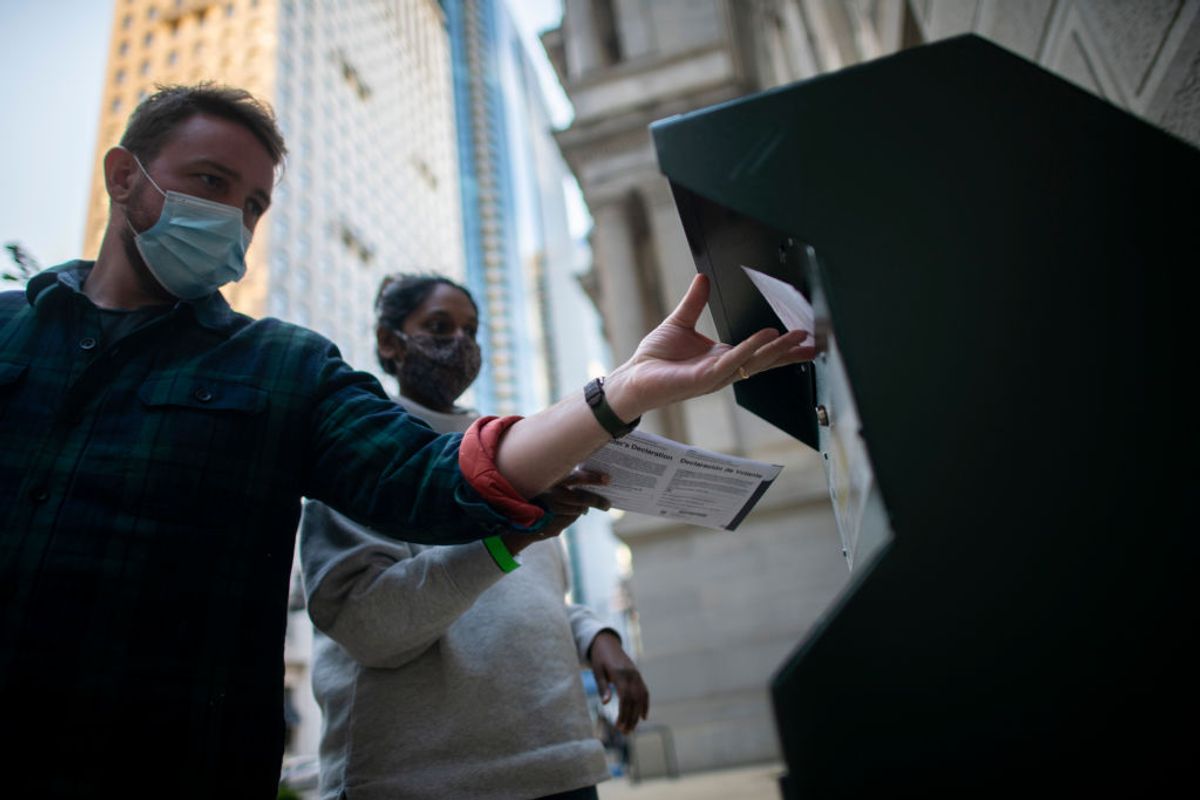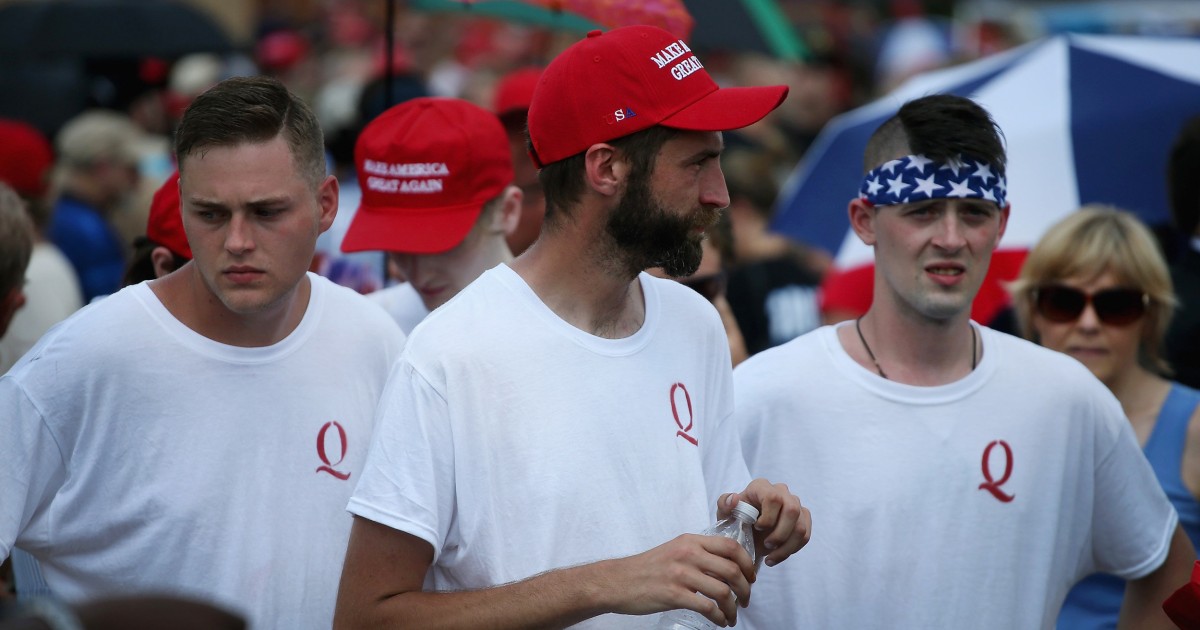colfax_m
Diamond Member
- Nov 18, 2019
- 38,988
- 14,843
- 1,465
Really? Barr already said that there wasn’t evidence of widespread fraud and he was labeled a deep state traitor and ignored. The FBI is ignored by the right wing for years. This is a nice solution on paper, but I don’t think in real life it’s going to be successful. The power of Trump to manipulate what his devotees believe is just too strong.Totally agree with you that once an allegation is made, there is no "nothing to see here" that will stop the allegation.This complaint was not ignored, it was politely explained that the analysis that these legislators produced was based on incomplete data and therefore completely useless.Maybe the democrats are calling the many "voter fraud" claims "conspiracy theories"? Read the following article about the PA legislature's concerns, that the governor and secretary of state ignored and certified the vote anyway?! How many more legitimate voter fraud issues are there? None, they're all just "conspiracy theories"........the courts already dismissed all of them......
Yes, these are just conspiracy theories. One of the hallmarks of conspiracy theories is that any attempt to refute them is ignored or explained away by expanding the conspiracy.

Did Pennsylvania Record 205,000 More Votes Than Voters?
Pennsylvania officials warned of "the dangers of uninformed, lay analysis combined with a basic lack of election administration knowledge."www.snopes.com
It's very easy for people to make these allegations and for them to become viral. What is far less likely to become viral is the facts that disprove these allegations.
The only thing that would have stopped the "conspiracy theories" cold is Barr starting an FBI/DOJ investigation to list them all, and give details disproving them all.
All the sweeping under the rug is not going to satisfy anyone who voted for Trump.
Right now Xiden is illegitimate until proven otherwise.
Nothing is being swept under the rug. It’s just that the FBI and DoJ aren’t going to be doing investigations into “everything”. For one, they don’t have the manpower to satisfy the flurry of allegations. Two, a lot of these allegations aren’t all that factual, or are very speculative and a lot don’t actually allege any wrongdoing specific enough to actually investigate. Case in point is this “discrepancy” you mentioned. There’s no specific allegation to investigate other than to know that the analysis is based on incomplete data. It doesn’t take the FBI to figure that out.


